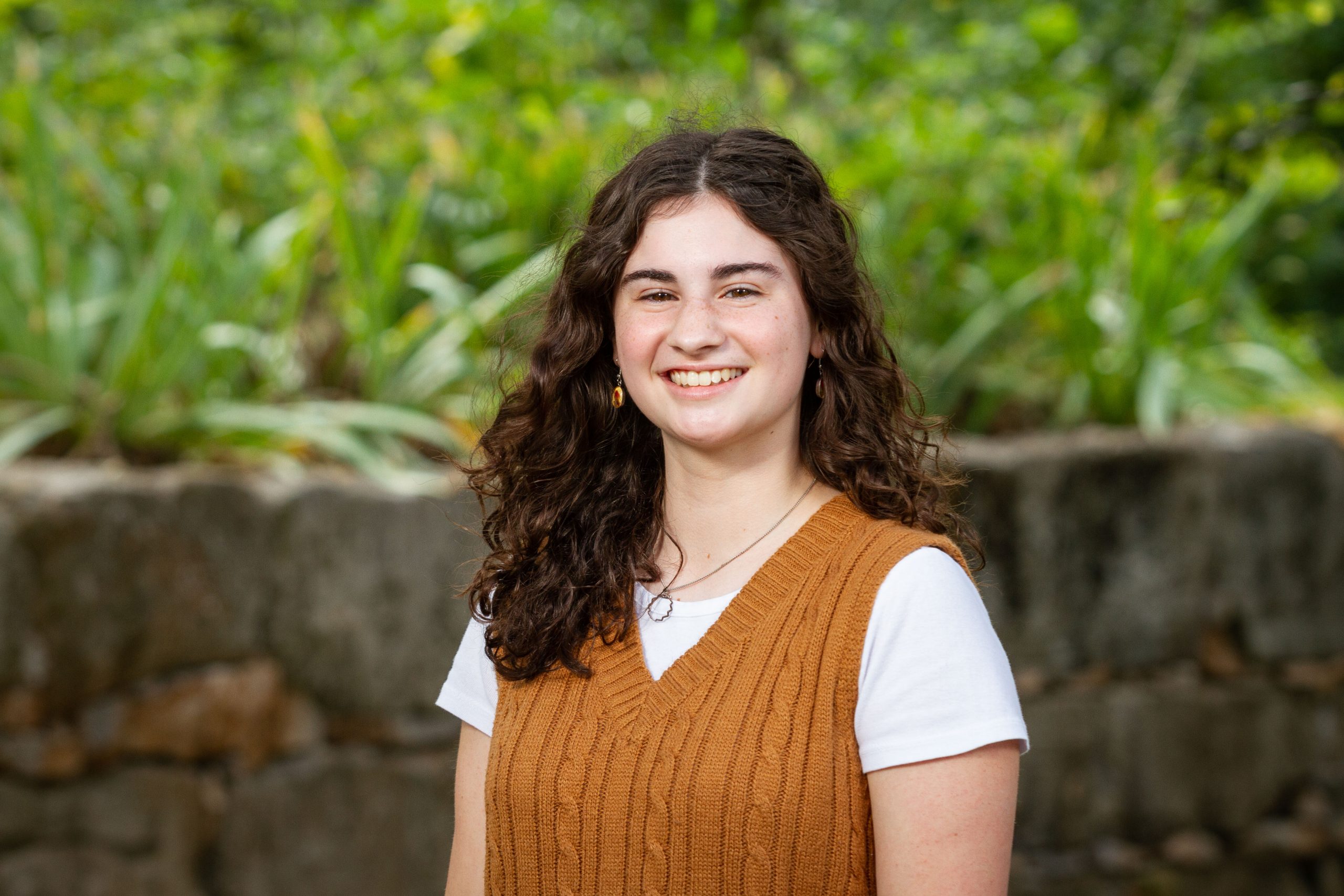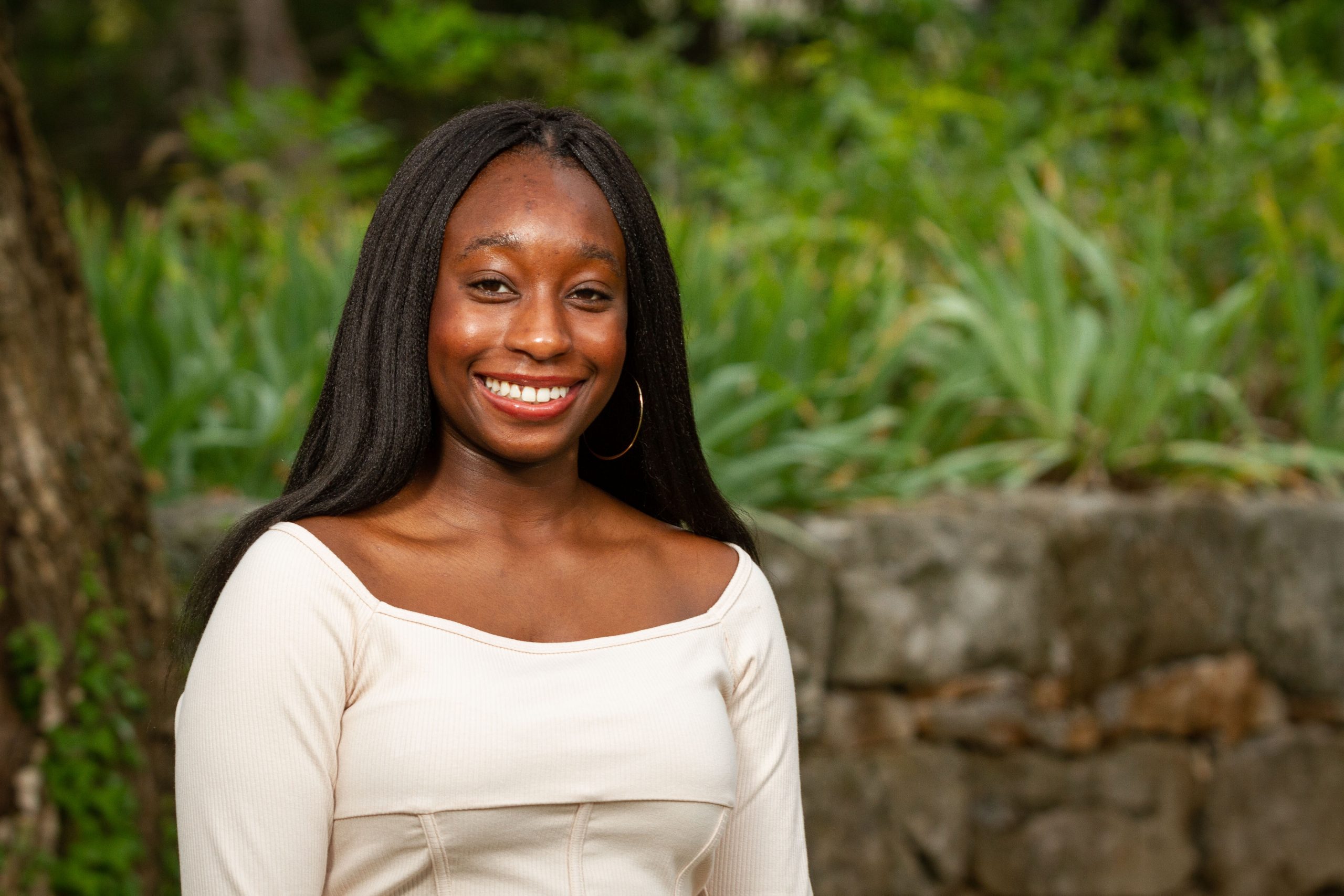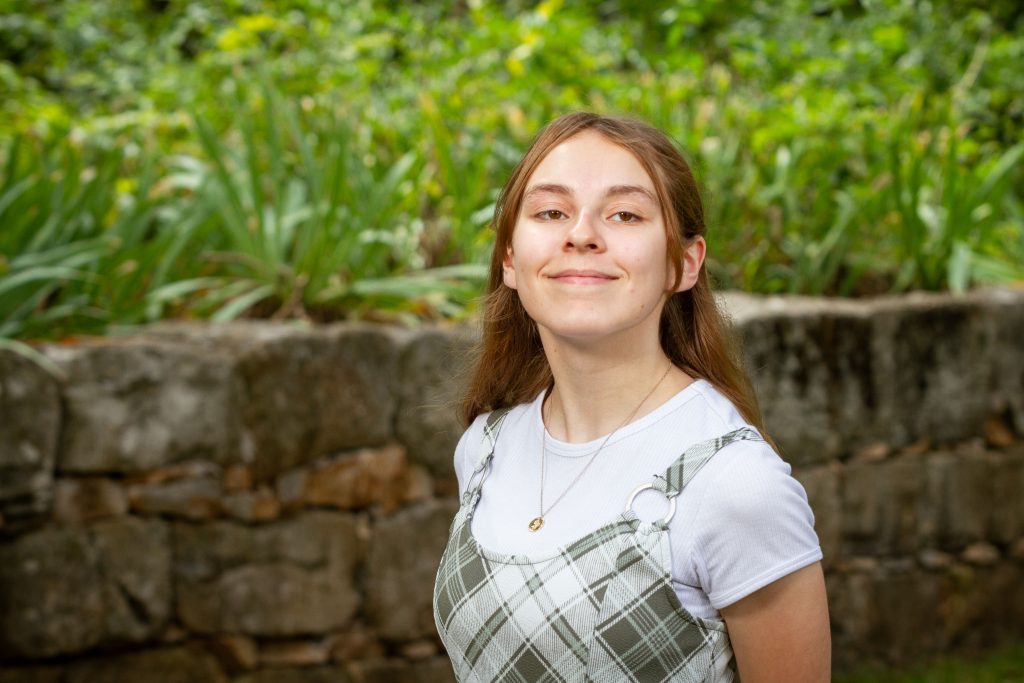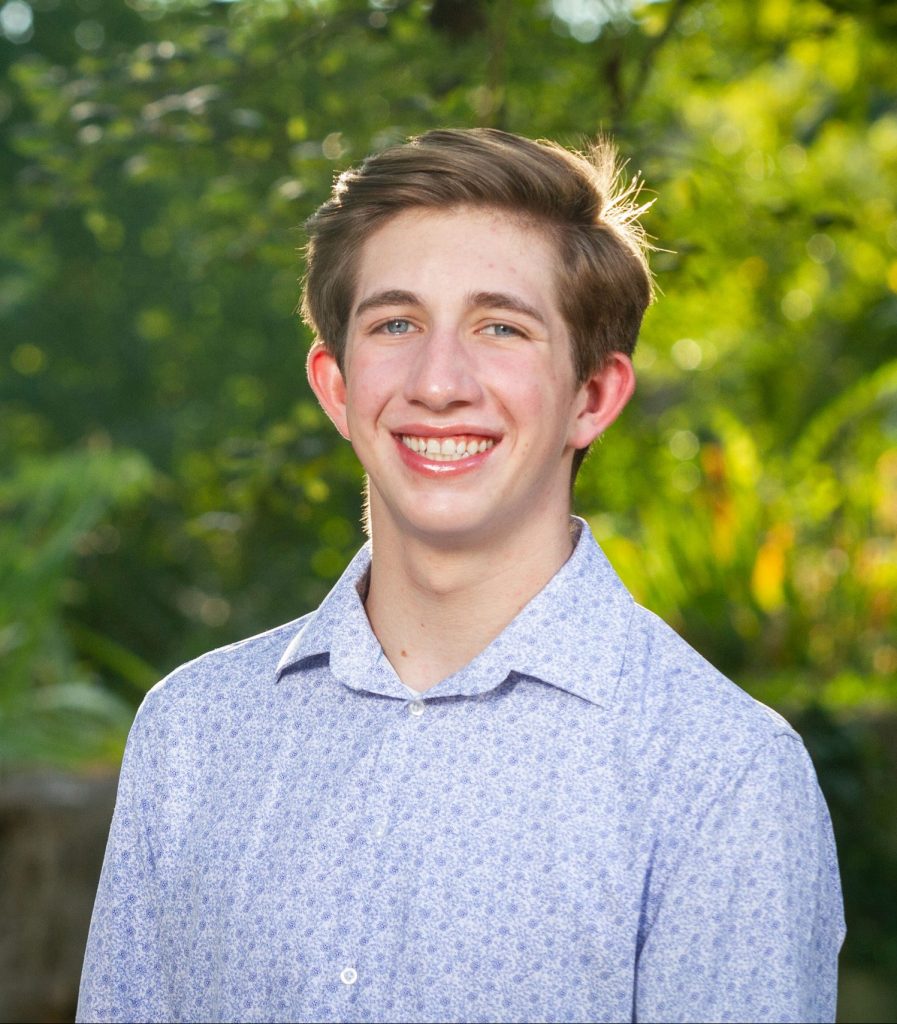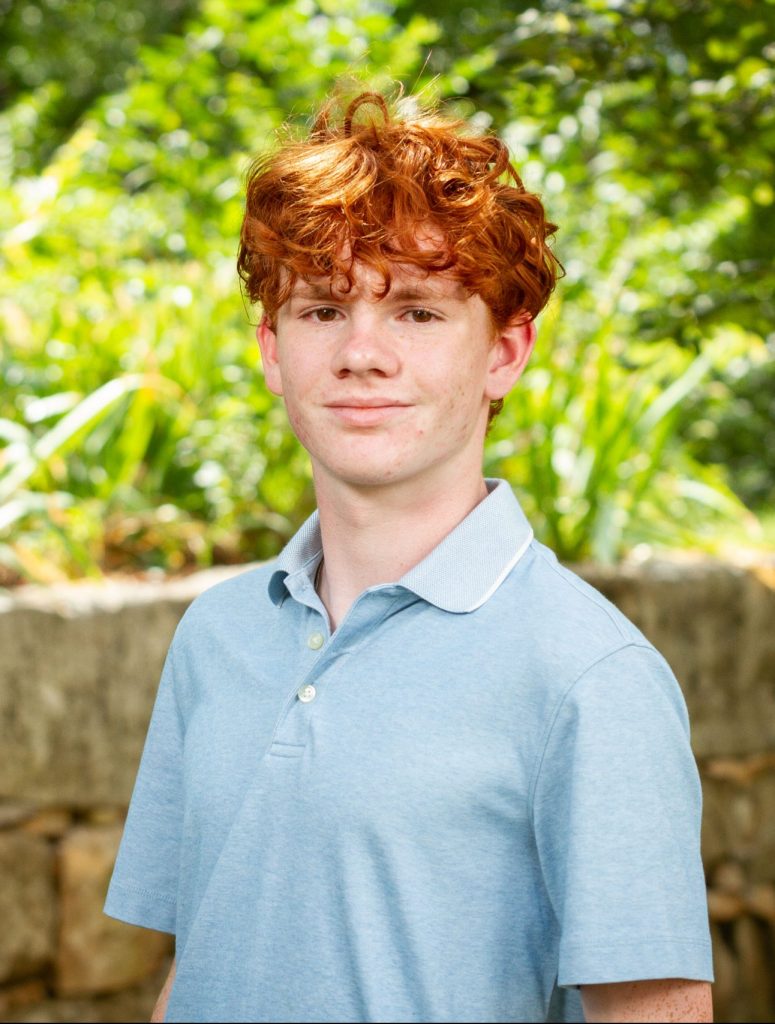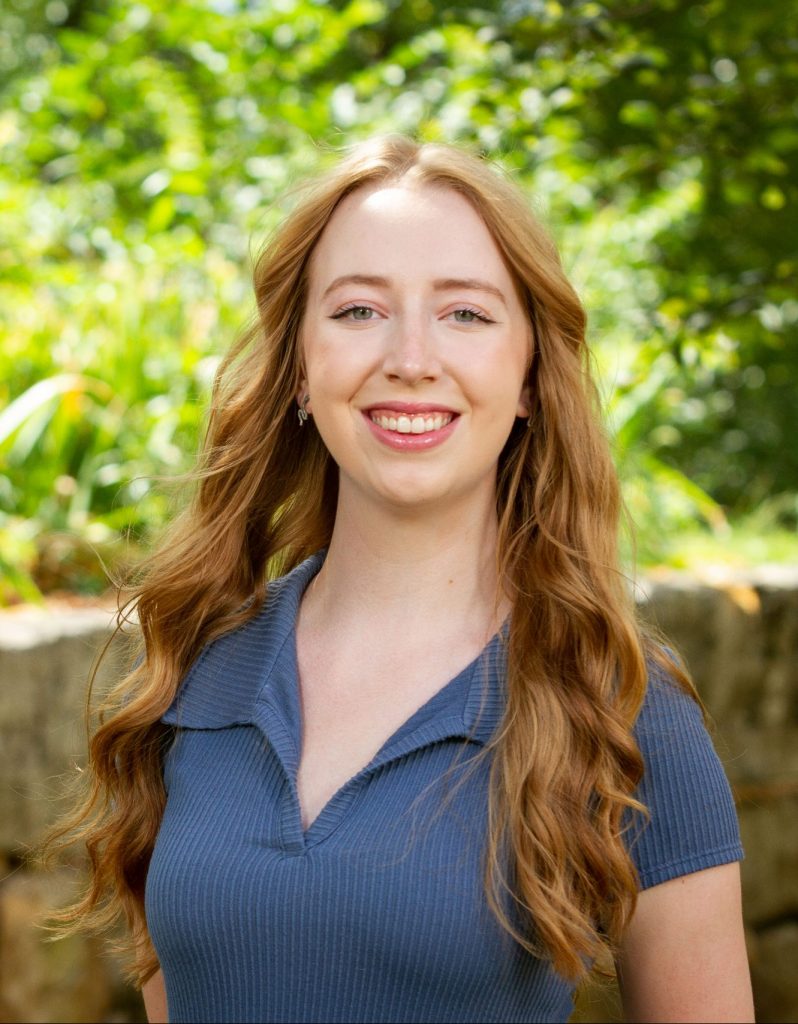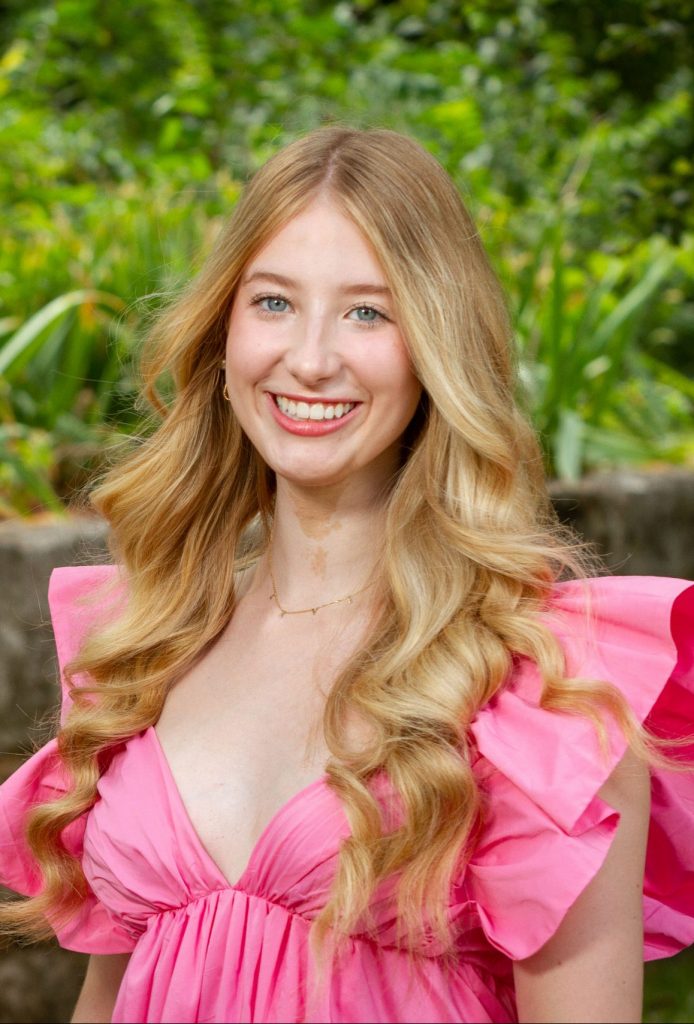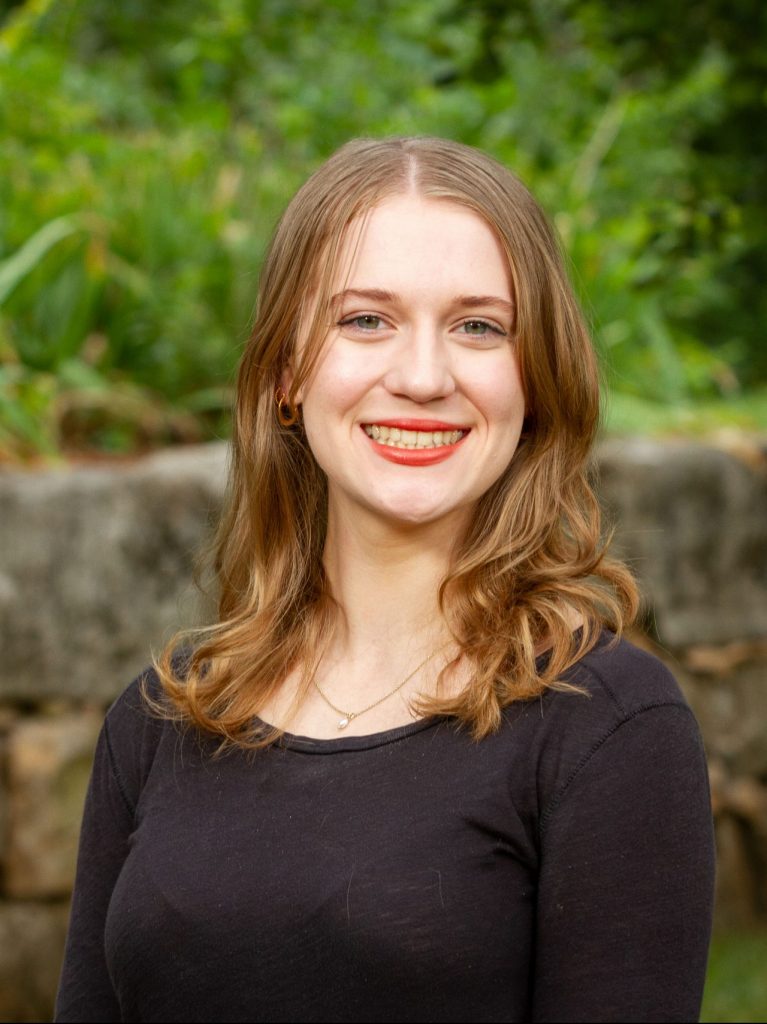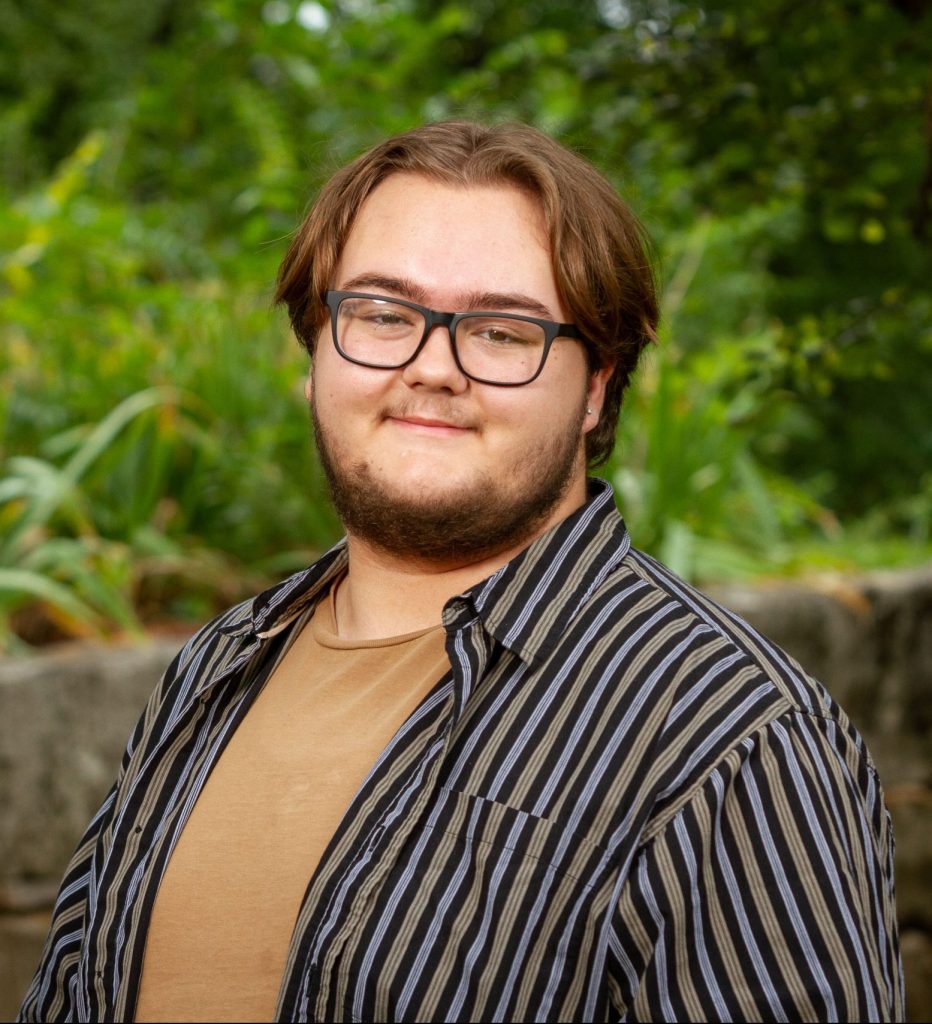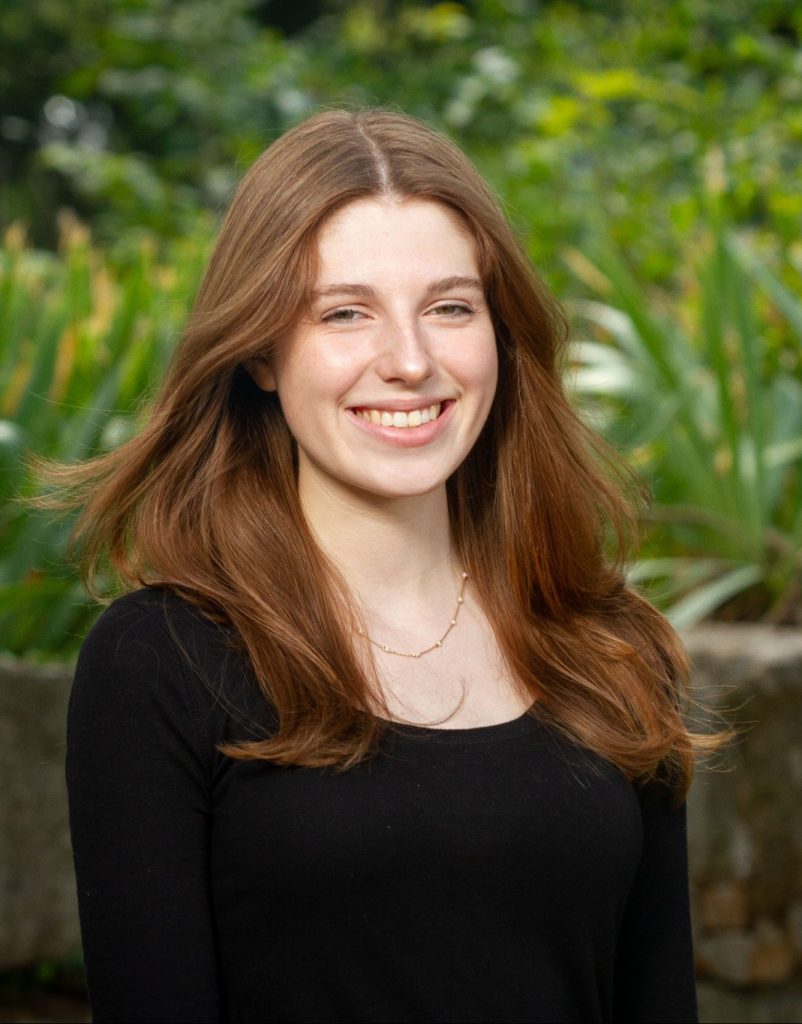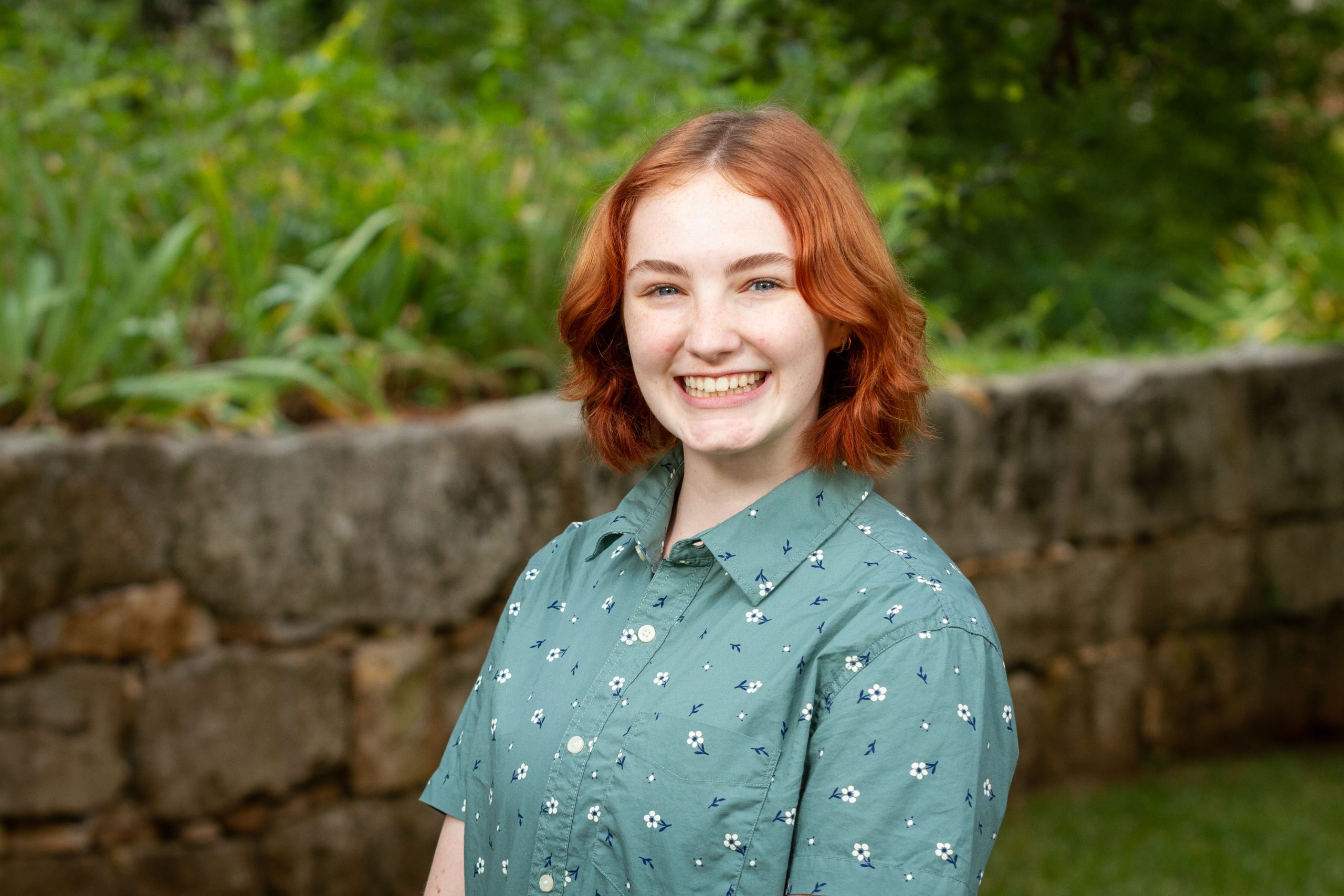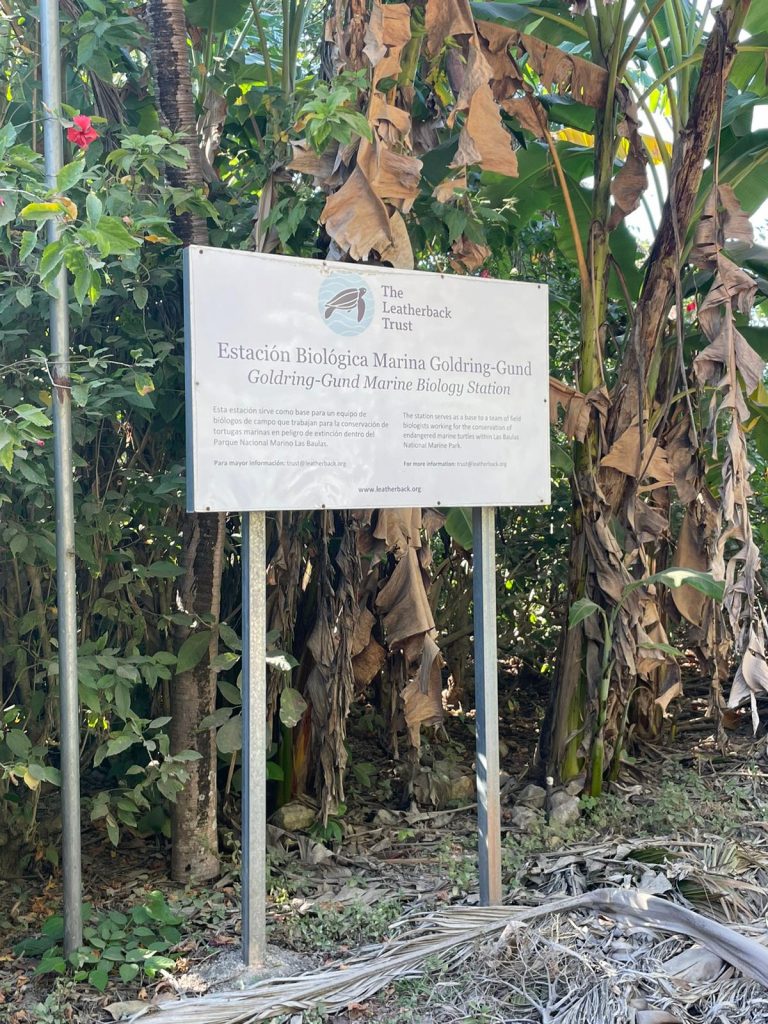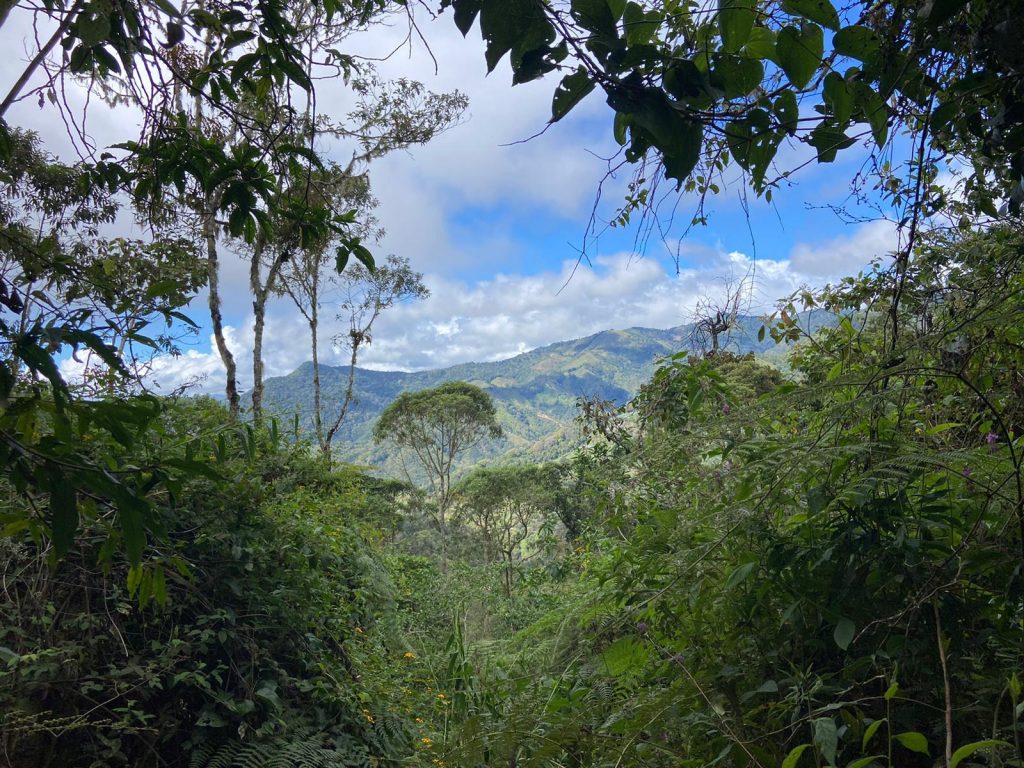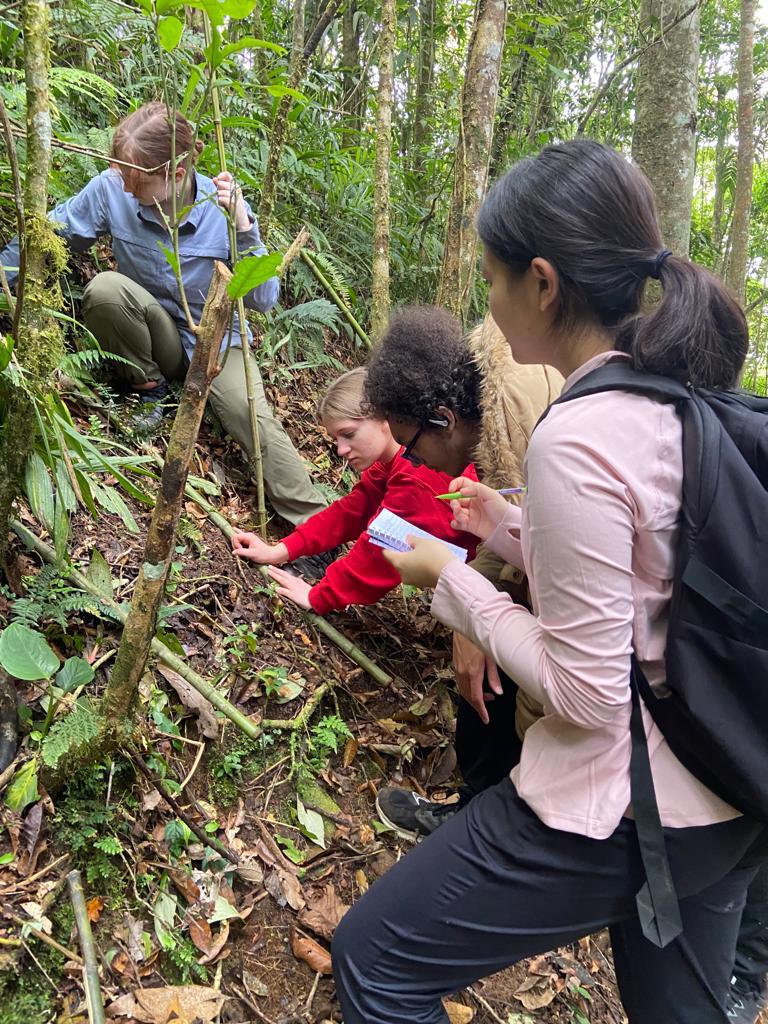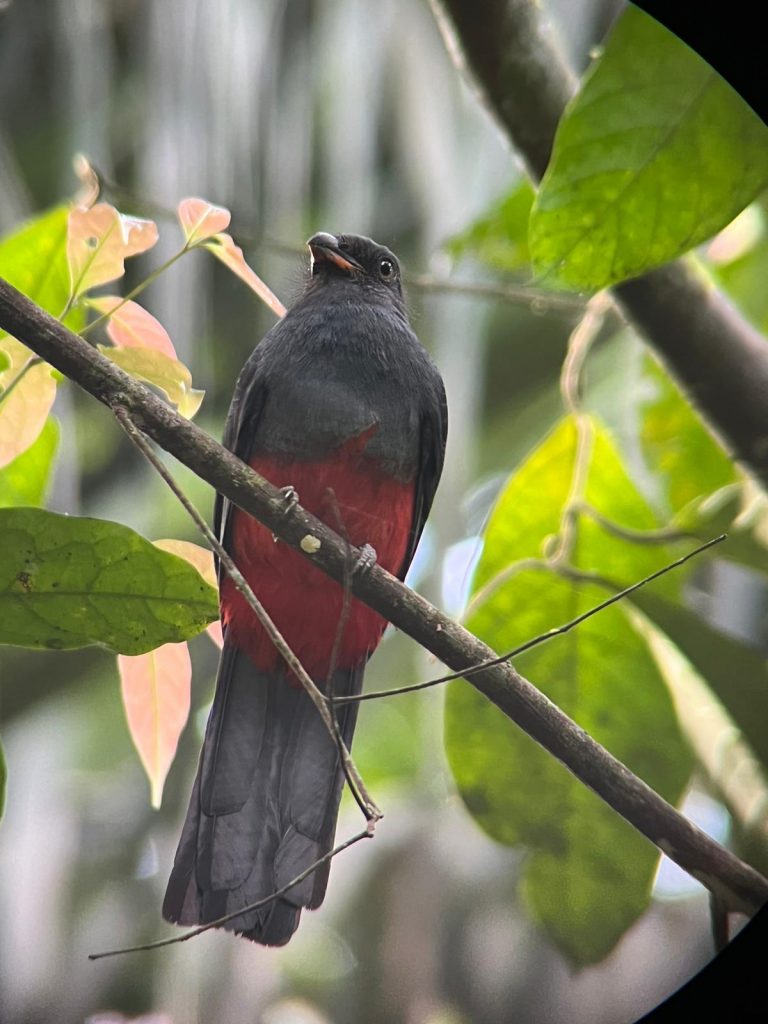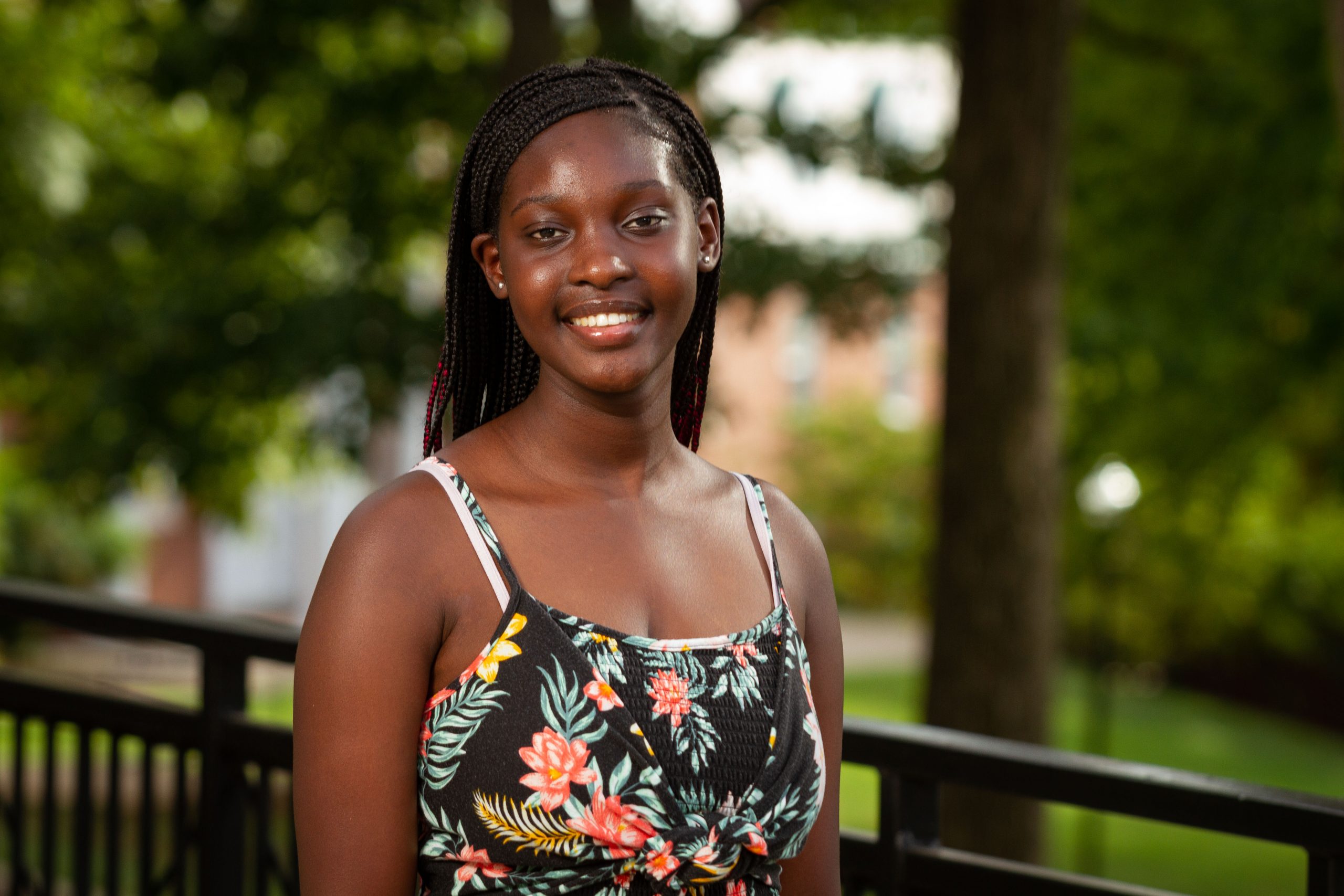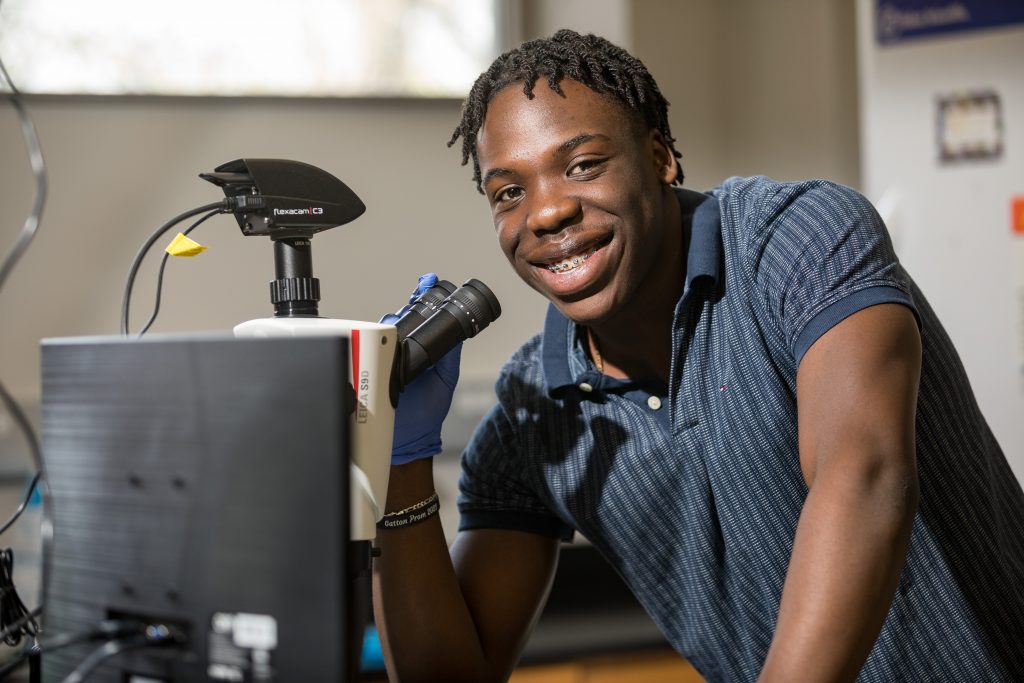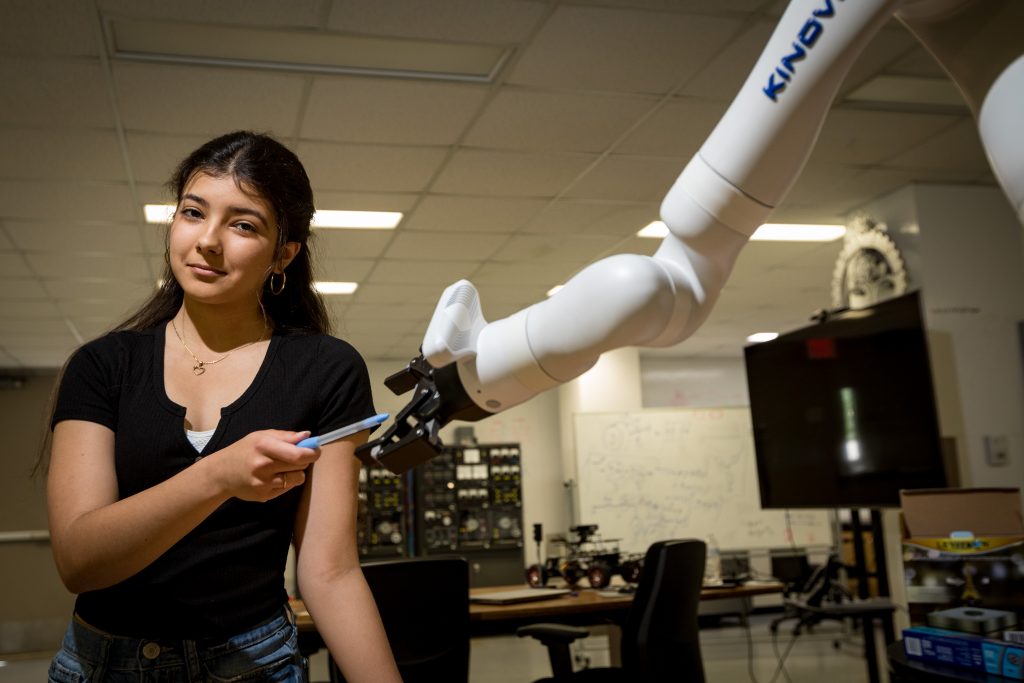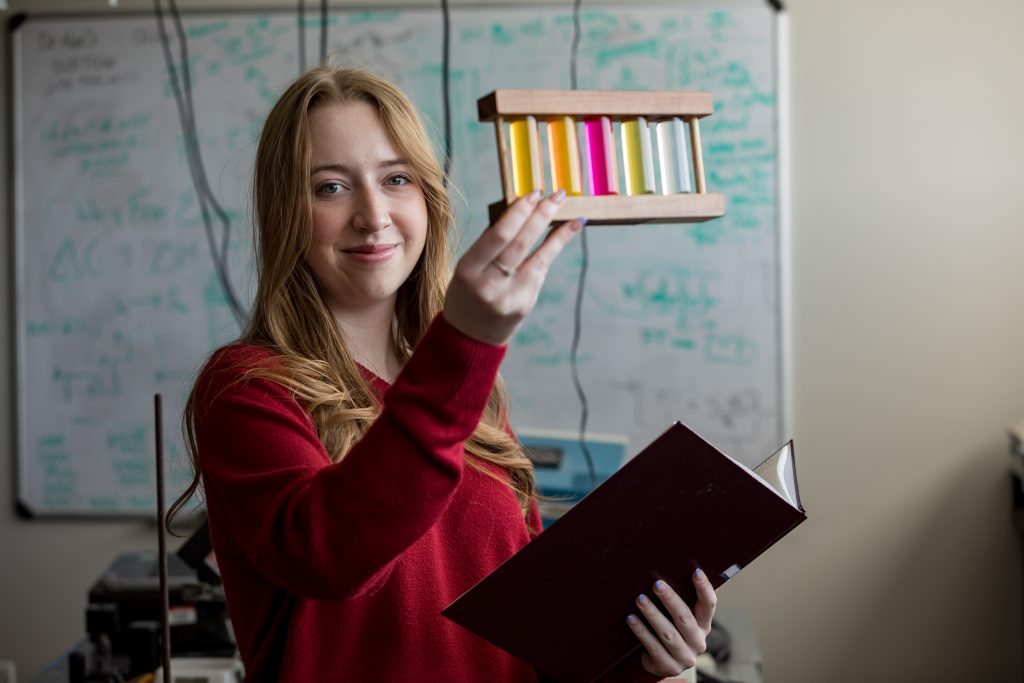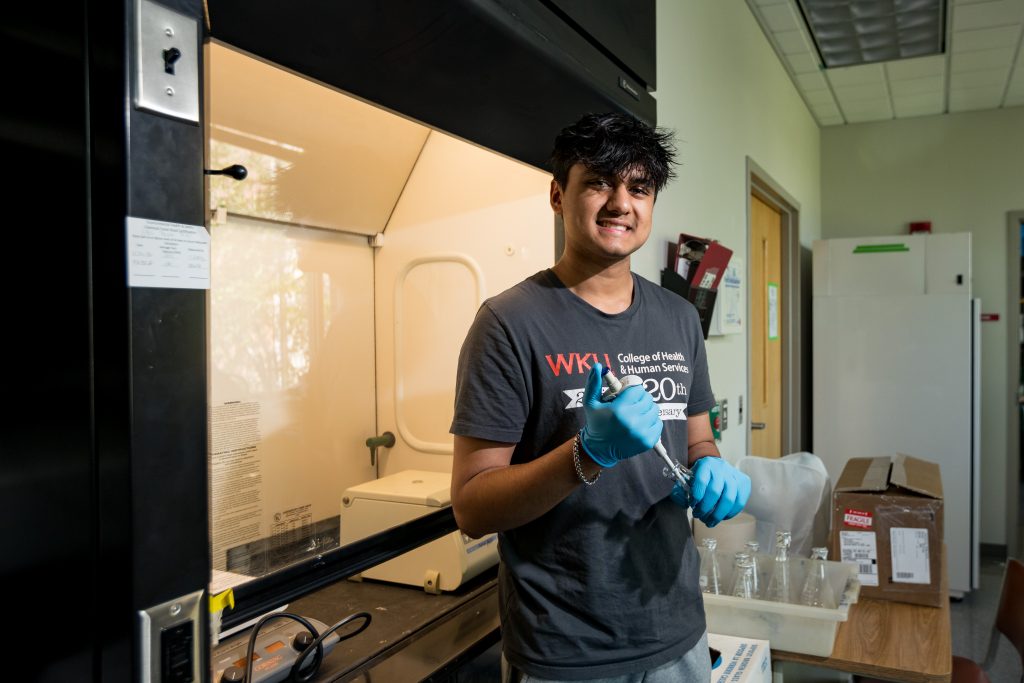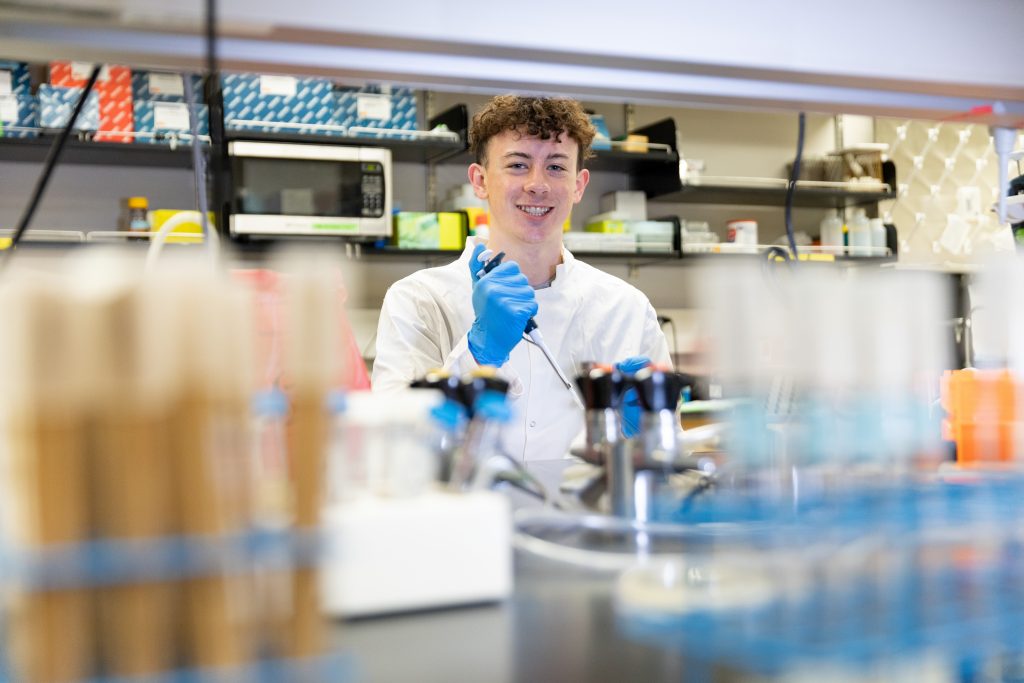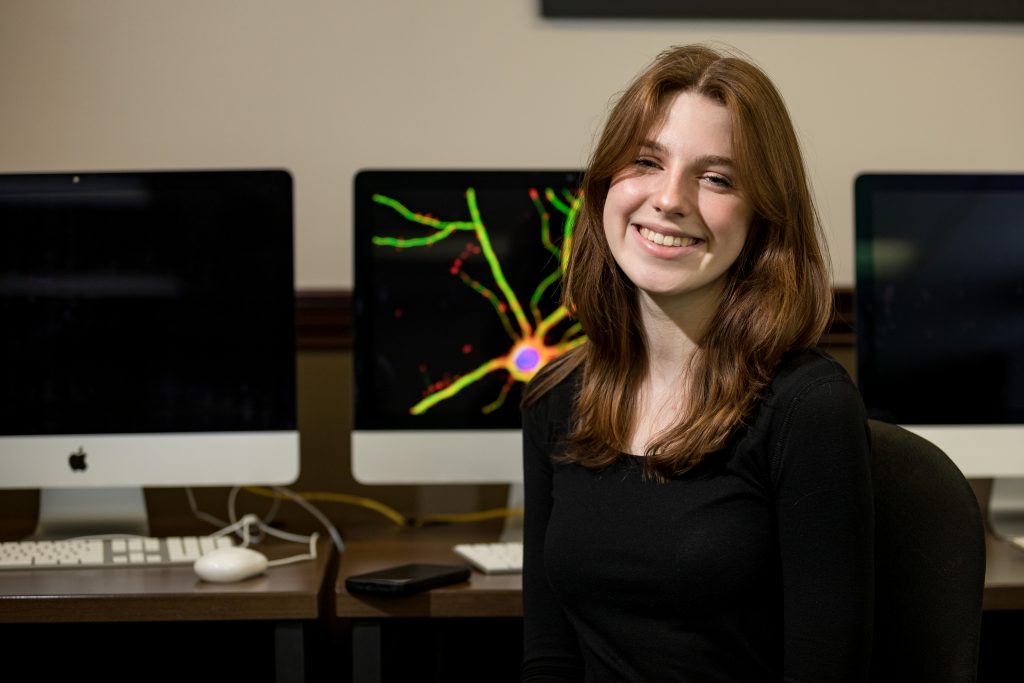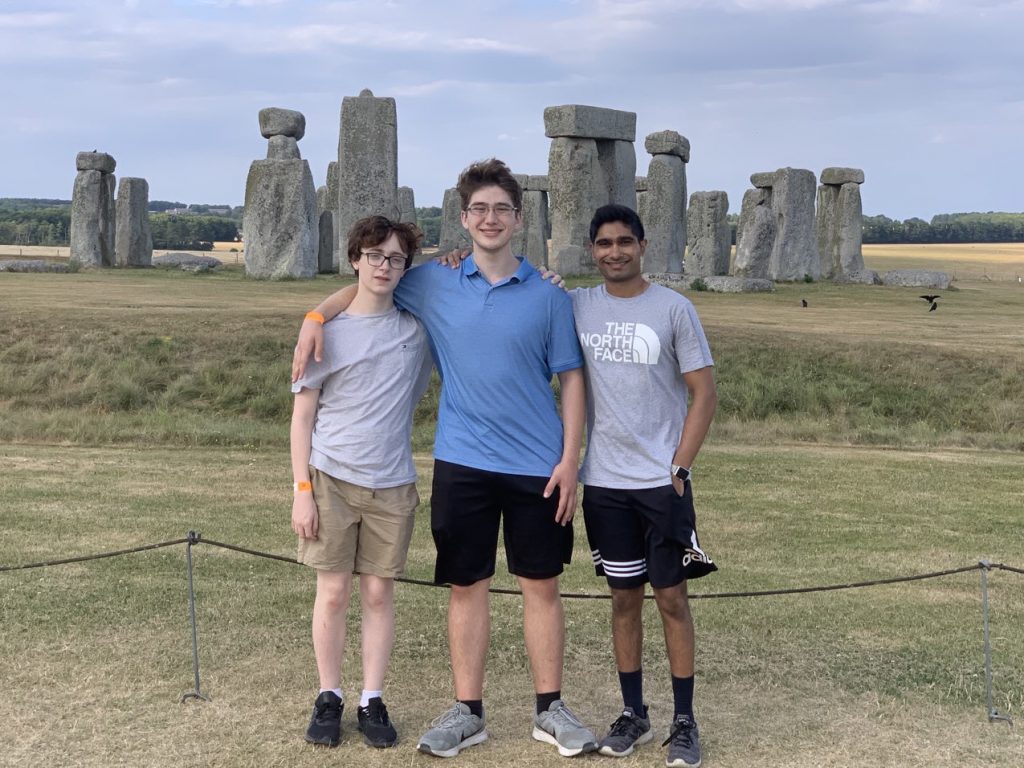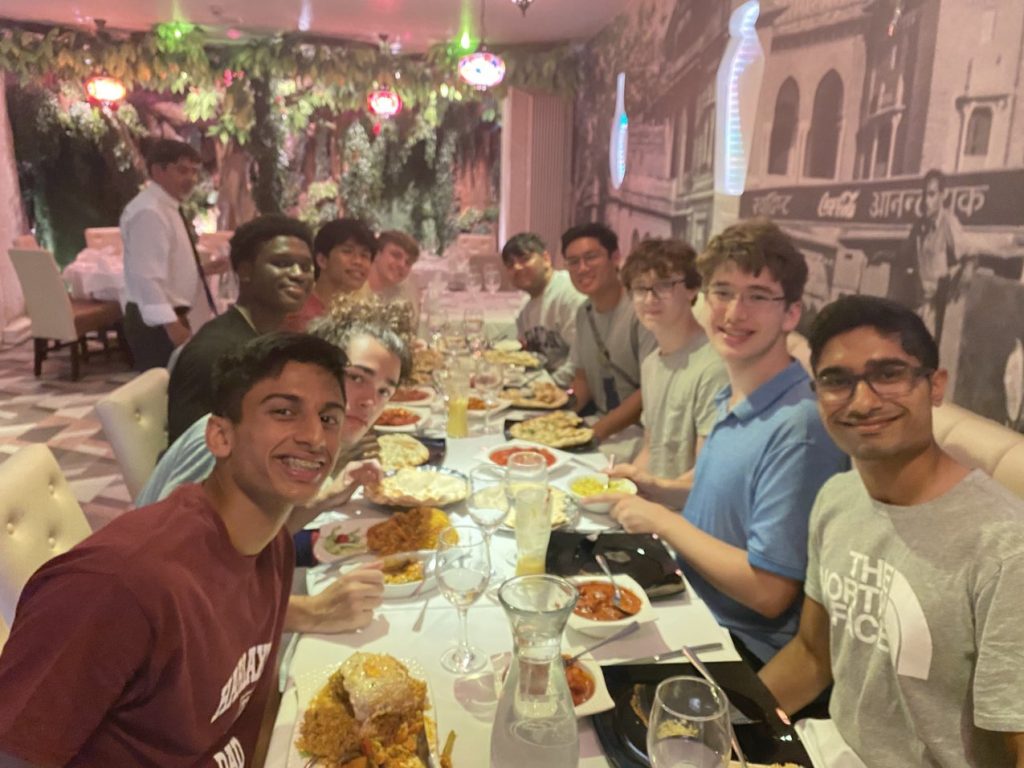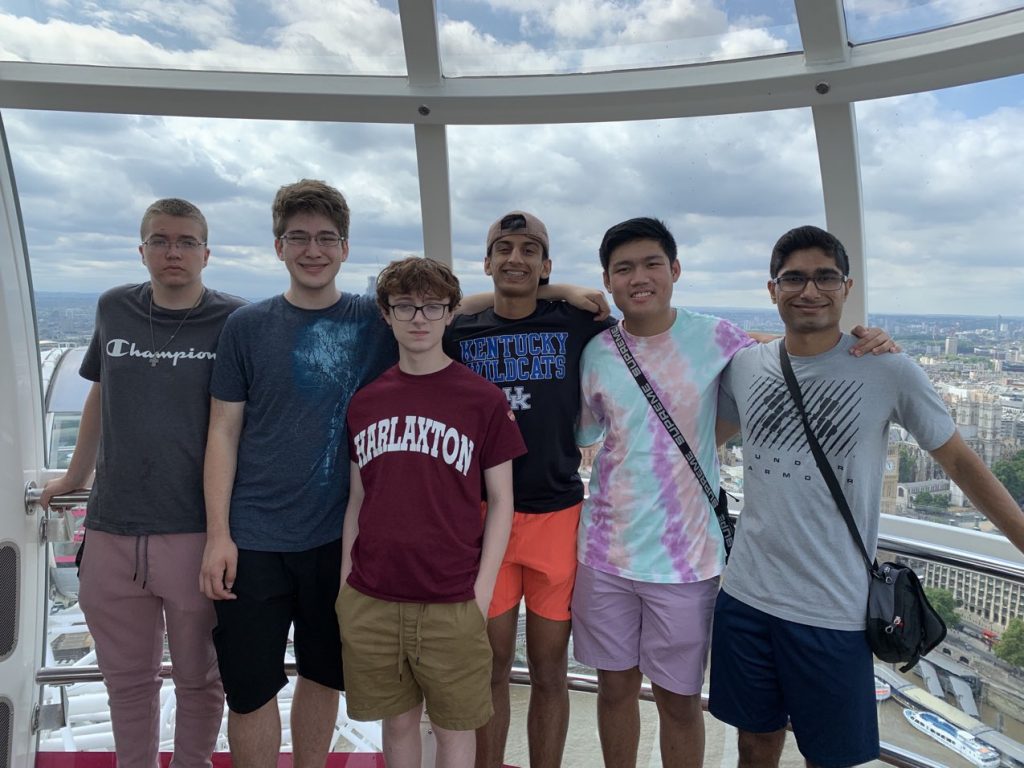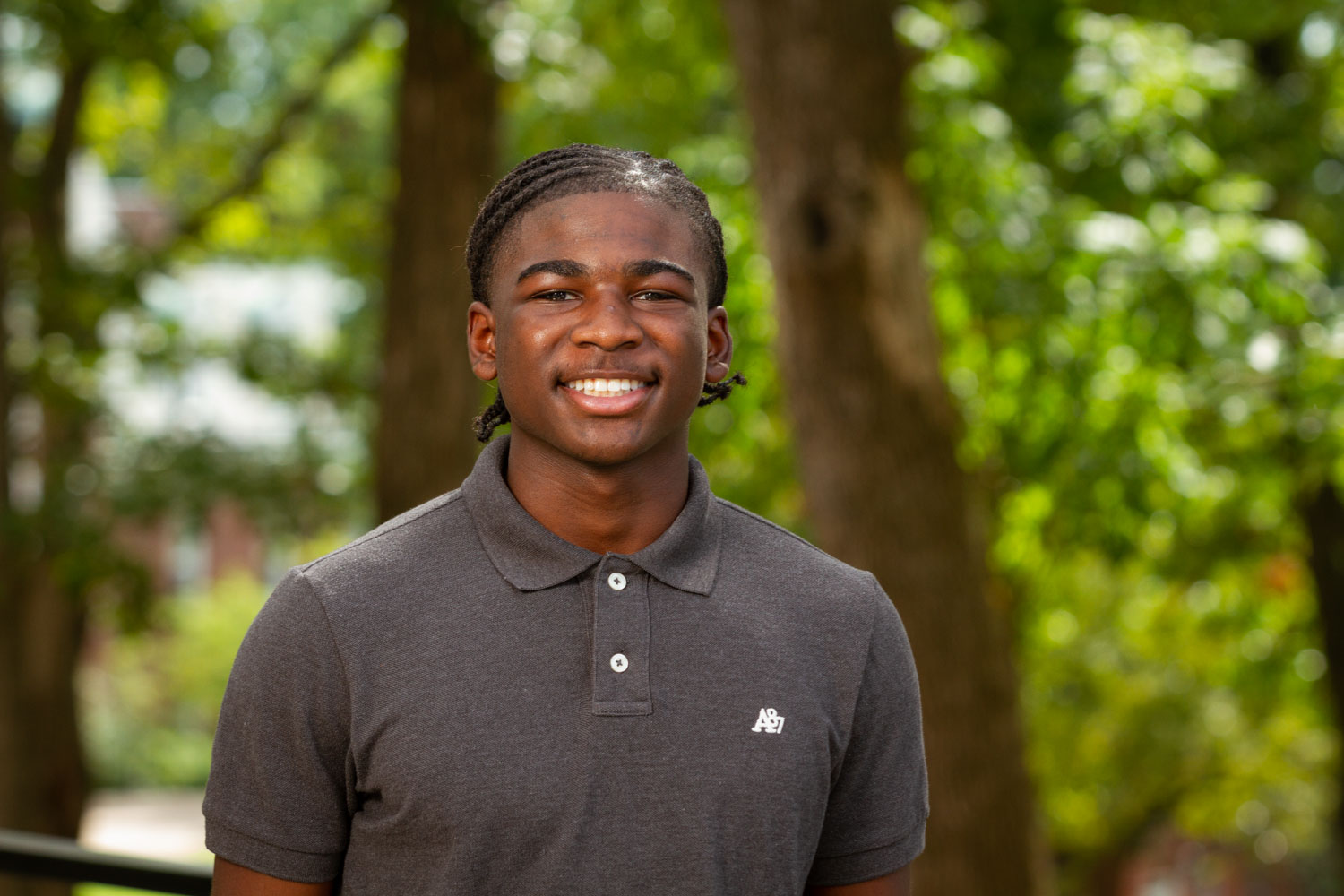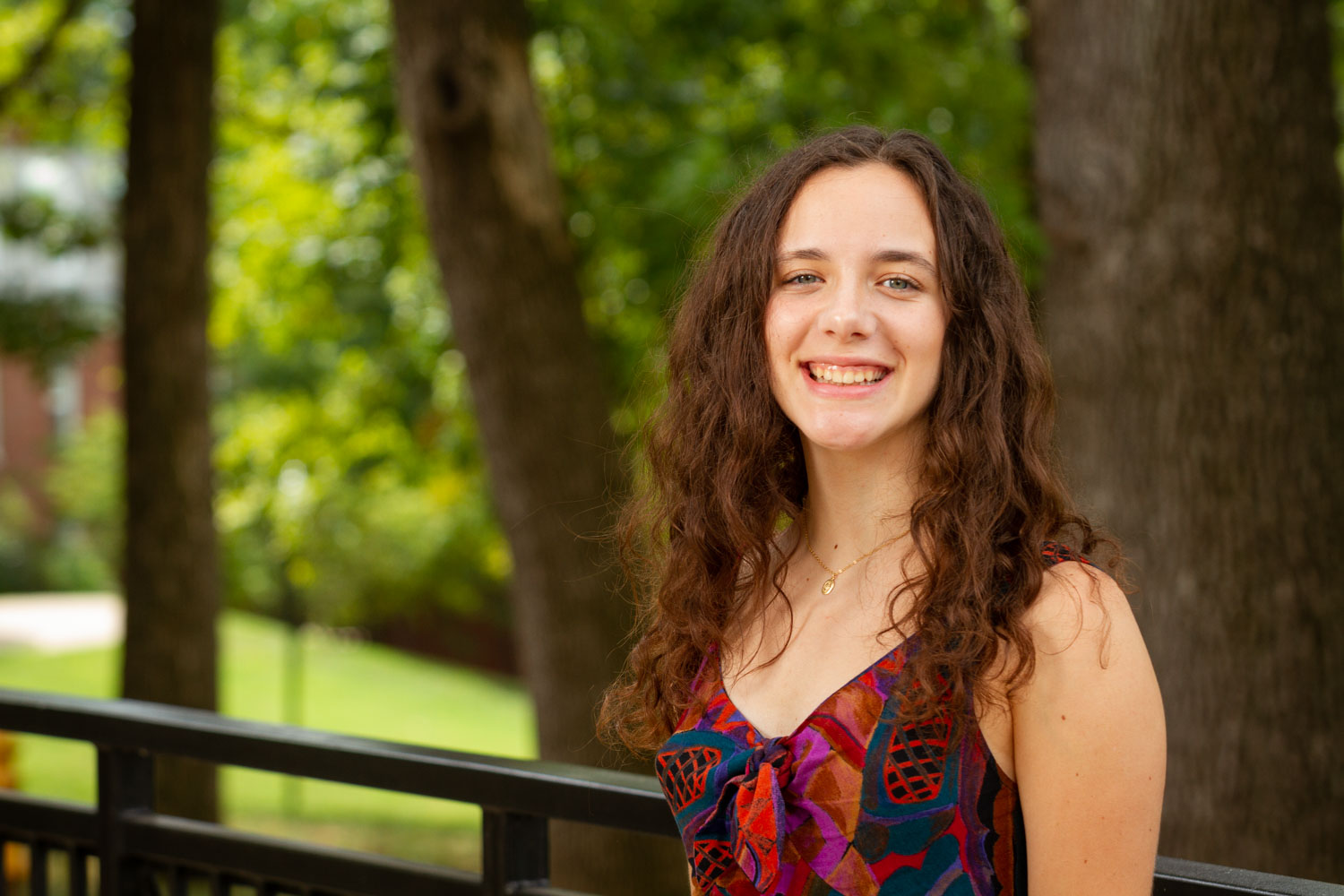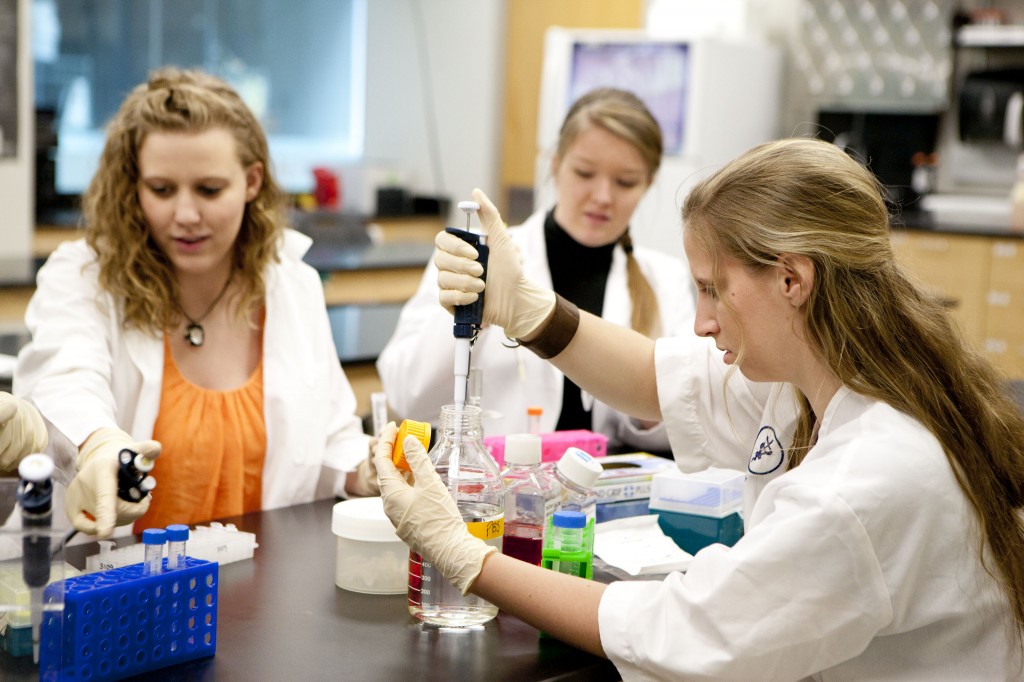Birds of Western Kentucky University
March 12, 2024 | Macey Weaver | No Comments
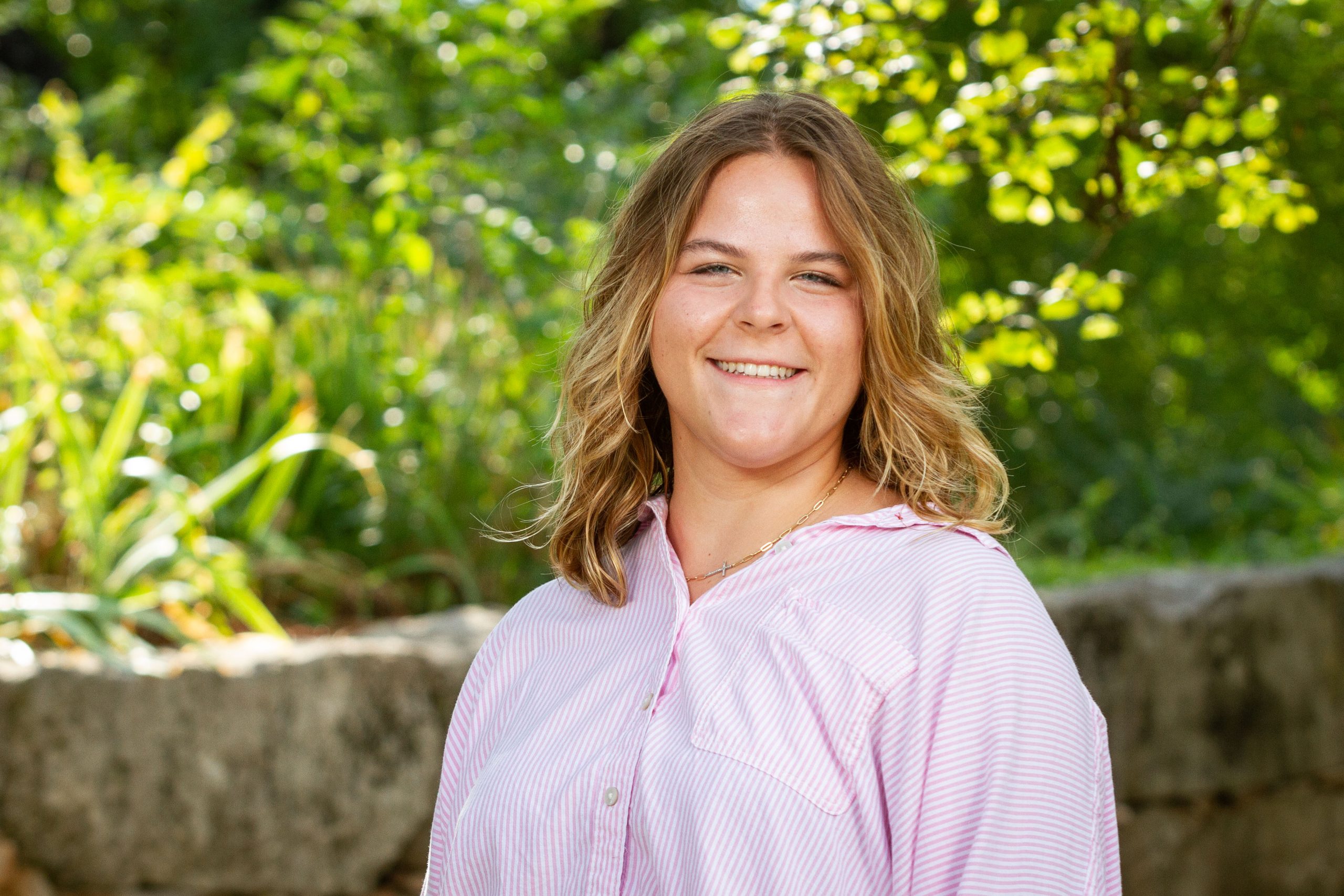
Western Kentucky University is located in Bowling Green, Kentucky, and, as someone who grew up in a very rural environment, it was hard for me to get used to the urban surroundings. I have been an avid birdwatcher since I was nine years old, and one way I stay connected to nature while at WKU is by birdwatching. While it can be difficult to find the same kind of biodiversity in a city than in rural areas, many bird species frequent the wide variety of trees and ornamental plants at WKU.
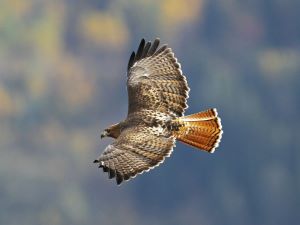
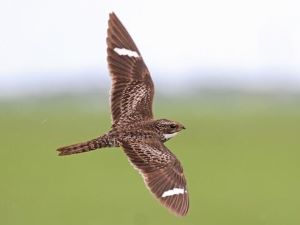
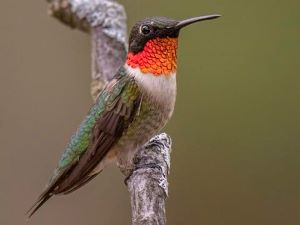
Red-tailed Hawk
WKU is home to a few Red-tailed Hawks. Red-tailed Hawks are the largest hawks in Kentucky, and prefer to prey on larger species such as squirrels and rabbits. Western’s campus is home to an enormous squirrel population, so the presence of the Red-tailed Hawks keeps the population healthy.
Common Nighthawk
Common Nighthawk may not be a common name, but they are a common bird at WKU. Common Nighthawks are primarily active at dusk and during the night. You can see them soaring above the buildings just before the sun sets calling and booming as they catch insects. They are best identified by the white crescent shapes on their wings that are clearly displayed in flight.
Ruby-throated Hummingbird
Ruby-throated Hummingbirds are a summer migrant of Kentucky, but you can see them on Western’s campus as early as mid-March and as late as mid-October. They are the only species of hummingbird common in Kentucky, and are easily identified by their small stature and the male’s bright, red throat (also called a gorget). They feed on the multiple ornamental flower species around campus.
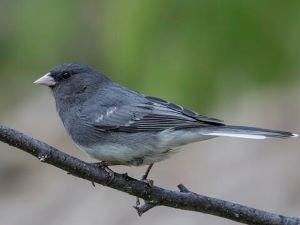
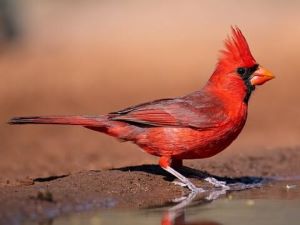
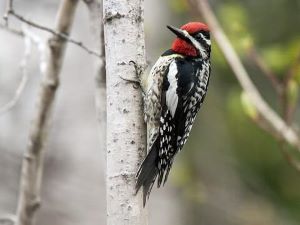
Dark-eyed Junco
Dark-eyed Juncos are only present in Kentucky through late fall to early spring. They migrate here from northern Canada. These chipper birds are in the sparrow family, so they are typically on the ground feeding on whatever little seeds and small insects they can find. They are easily identified by their gray bodies, white outer tail feathers, and their pink beak. These birds can be found in small flocks all over campus, typically feeding on the ground and in bushes.
Northern Cardinal
Being Kentucky’s state bird, it’s no surprise that Northern Cardinals are one of the most common species of bird at Western Kentucky University. The males are easily identified by their bright red plumage, crest feathers, and their bright orange bill. The females, however, may be a little more difficult. Females are buff brown with a bright orange beak and a head crest. They have a crisp chip call that is easily differentiable from other bird calls.
Yellow-bellied Sapsucker
The only sapsucker in the eastern United States, the Yellow-bellied Sapsucker is a delight to see fluttering around the trunks of trees on campus. They feed on the sap of trees by drilling rows of holes in tree trunks. They have a disheveled look with an off-white belly and a bright red forehead and lores. The Yellow-bellied Sapsucker has an irregular drumming pattern similar to morse code.

